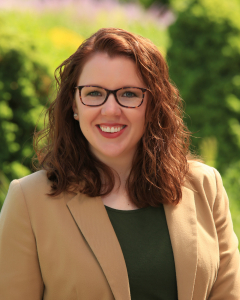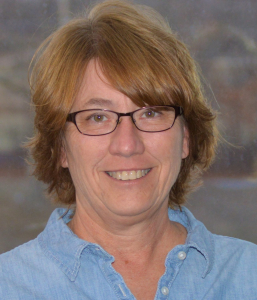
Kari McCann Boutell, President
Iowa Council of Foundations
The Iowa Council of Foundations team is preparing to host our Connect Conference virtually for the first time this year. There are lots of new things to think about as we pull our plans together. We have been planning and hosting virtual events for many years, and in many new ways the past five months. Additionally, I had the opportunity to participate in the United Philanthropy Forum’s Annual Conference virtually last month. I learned a lot during my participation that will help inform our program, and I can also say there were several aspects of learning that I found beneficial in a virtual format. Here are some of the key benefits to virtual learning:
- Listening. I found that listening to a speaker virtually challenged me to be more actively engaged as a listener than I might be if I were attending in-person. If you set the conditions for your learning, there can be fewer distractions learning remotely than in a large conference room. A few things I found helpful for creating a good learning environment for myself included silencing my cell phone, turning off my email, having a full cup of coffee or water at my desk, and having a pen and paper ready to take notes.
- Questions. The ability to ask questions via a chat box function in some ways makes it easier to ask questions of presenters. You don’t have to raise your hand or speak in front of the full group. This is a helpful way for people to raise questions – even those who are not typically comfortable doing this at an in-person meeting.
- Interaction. Those of us who have been living on Zoom the past few months know that the key to success for online learning is interaction. We are working with our Connect speakers to be sure there are interactive elements to their presentations. Because of this, you can expect to interact with the speakers and content in new ways that may not always be possible at an in-person convening (polling, small group breakouts, etc.).
All in all, I enjoyed my participation in a virtual conference and we hope you will join us for the virtual Connect Conference next month. Our team is using what we have learned to make this a positive and informative learning experience for you. You can learn more and register here! (link outdated)


